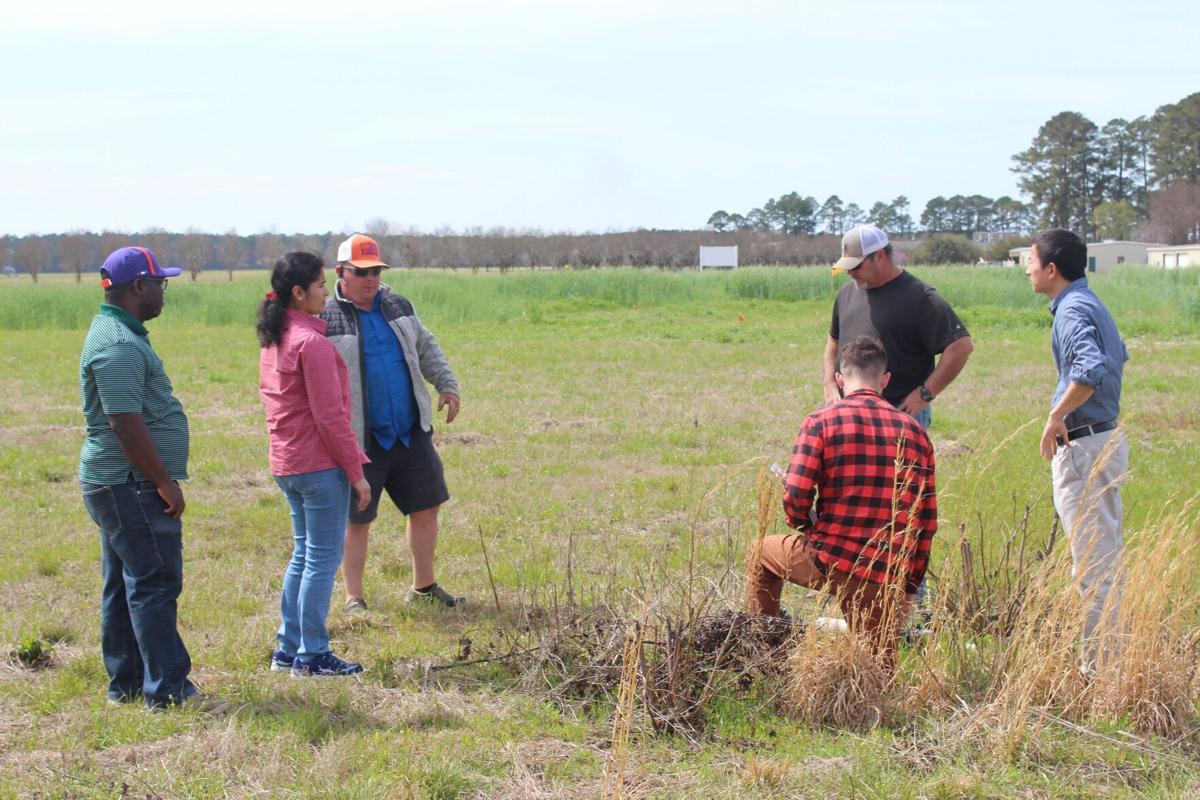Cover Crop Strategies editors encounter a variety of articles, social media posts, podcasts and videos that offer a unique look at various aspects of our great agricultural industry. Here is our favorite content from the past week:
- Triticale, Rye and a Cover Crop Mix on Lancaster County Fields
- Under Cover Farmers Talks With Prominent Cover Croppers
- Root Diagrams for Different Common Cover Crop Species
- How to Estimate the Costs Associated with Cover Crops
- Clemson Researchers Look Into Cover Cropping, Interseeding
Best of the Web This Week is brought to you by Salford Group.
Salford Group knows cover crops. Salford’s Valmar 56 series seeders set the bar for versatility and accuracy in cover crop seeding. These machines accurately handle a wide variety of seed and blends, while pairing with virtually any implement to seed cover crops while performing other field operations. Salford has a variety of tillage implements that are suitable for seeding with the 56 series applicators. Some Salford tillage machines can be used for hay and pasture renovation, and others can be used to work in standing cover crops as green manure. Check out Salford’s cover crops solutions at salfordgroup.com
Triticale, Rye and a Cover Crop Mix on Lancaster County Fields
Eric of the 10th-Generation Dairyman YouTube channel walks through the process of drilling triticale on the his dairy farm in the YouTube video below.
Under Cover Farmers Talks With Prominent Cover Croppers
This half-hour documentary entails interviews with Ray Archuleta, Gabe Brown, Ray Styer and Dave Brandt on how cover crops accomplish soil health goals.
Root Diagrams for Different Common Cover Crop Species
This Twitter thread, from the South Dakota Soil Health Coalition Twitter, shows diagrams of various root systems for common cover crops. The diagrams are useful to help cover croppers elect species necessary to accomplishing their goals.
Conservation Cropping Systems Initiative has released new slides in The Root Project! Check out these cool root diagrams of common #CoverCrops! #SoilHealth You can download these slides in greater detail at https://t.co/z10lgokN54
— SDSHCoalition (@SDSHCoalition) November 1, 2022
(1/4) pic.twitter.com/ji7P9wKs0W
How to Estimate the Costs Associated with Cover Crops
This Farm Progress network article highlights this study by researchers at the University of California-Davis, with a particular focus on the lower Sacramento Valley. Researchers estimate it will coast $156 per acre per year to establish a cover crop in the valley. That includes the cost of irrigating every third year as two irrigations at 6 acre-inches each.
Clemson Researchers Look Into Cover Cropping, Interseeding
Researchers plan to compare buckwheat, clovers and peas interseeded into an organic corn crop, as well as cover crops planted in both tilled and no-tilled conditions with standard, high and low seeding rates. The aim is to devise a system that improve soil-plant interactions, reduce inputs and improve crop productivity.
Is there something you want to share in "This Week"? Send us an email.
Best of the Web This Week is brought to you by Salford Group.
Salford Group knows cover crops. Salford’s Valmar 56 series seeders set the bar for versatility and accuracy in cover crop seeding. These machines accurately handle a wide variety of seed and blends, while pairing with virtually any implement to seed cover crops while performing other field operations. Salford has a variety of tillage implements that are suitable for seeding with the 56 series applicators. Some Salford tillage machines can be used for hay and pasture renovation, and others can be used to work in standing cover crops as green manure. Check out Salford’s cover crops solutions at salfordgroup.com
Click here to view past "Best of the Web This Week" updates.







